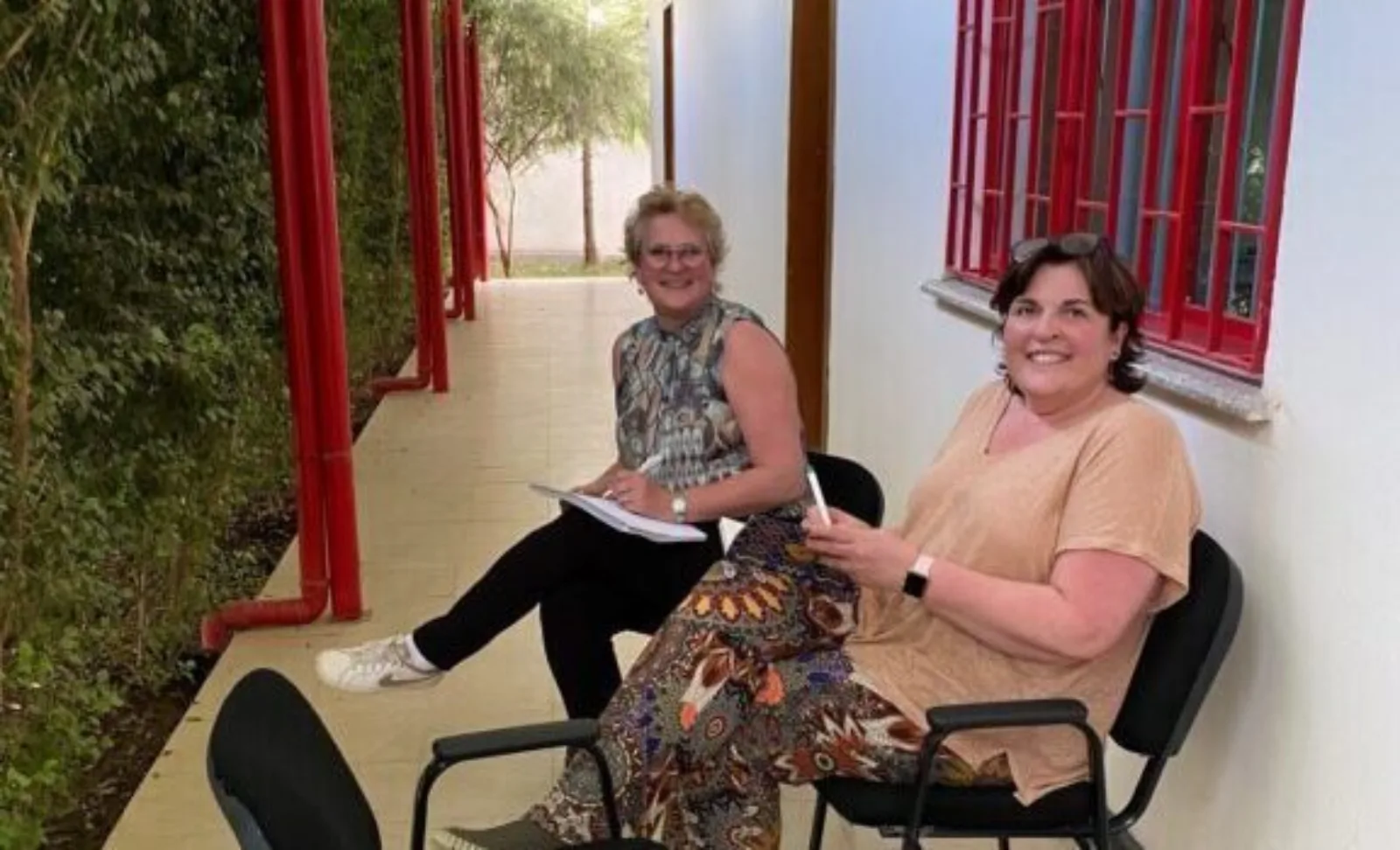Job Framework for Rose Grower Afriflora/Sher
Setting up a job framework for 13,000 employees in Ethiopia was a challenging task for HR project manager Monique Hoenderdos of rose grower Afriflora. "After two steps forward, you often have to take one step back to keep everyone on board."

"At our Ethiopian operation, you could make major efficiency gains. But the real question is: do you want to?" HR manager Monique Hoenderdos faced many new questions when she started working for Sher Ethiopia, part of Afriflora in Aalsmeer, the Netherlands. On its three farms in Ethiopia, around 13,000 employees, and up to 15,000 during peak seasons, are engaged in the company’s core business: growing, picking, and packaging roses. Afriflora is the world’s largest rose grower. In the 16 years since the farm was established, an empty piece of countryside has transformed into a town of approximately 110,000 people, with a school and hospital set up by Sher. Even the 500+ staff at those facilities are on the company's payroll.
Hoenderdos constantly tries to strike a balance between running an efficient business and contributing to employment, healthcare, and education.
"We create jobs that support entire families. This project taught me to take off my Western glasses and see the broader picture."
Goosebumps
Toen Hoenderdos begin 2020 voor het eerst de kwekerij in Ethiopië bezocht, was ze meteen verkocht, vertelt ze. ‘Ik vond het fantastisch daar: de grootse operatie, de vriendelijkheid van de mensen, hun wil om er onder moeilijke omstandigheden iets van te maken, de wens om te veranderen. Kippenvel.’ Enkele maanden eerder had de CEO van Afriflora haar gevraagd een HR-structuur op te zetten voor de ongeveer veertig ondersteunende functies in Nederland. Sinds enige jaren was Afriflora geen familiebedrijf meer, maar als onderdeel van het Britse tuinbouwbedrijf Flamingo Group International eigendom van private equity-bedrijf Sun Capital Partners. ‘In de organisatie heerste een ondernemersmentaliteit van keihard aanpakken. Maar er was behoefte aan meer duidelijkheid over functies en verantwoordelijkheden, een beoordelingscyclus en een HR-agenda.’
Hoenderdos had het in Nederland vrij snel voor elkaar. Toen kwam de echte uitdaging: een functiehuis opzetten voor al die duizenden banen in Ethiopië. Vaak banen die je eigenlijk in het echt moet zien om te kunnen begrijpen wat ze behelzen. Zoals de donkey cart-driver die de rozen vervoert naar andere verpakkingslocaties of de cold room-supervisor die werkt in de gekoelde vertrekken waarin de rozen worden opgeslagen. Maar dat zat er door de corona-uitbraak niet in, toen Hoenderdos in het voorjaar van 2020 Highberg inschakelde.
Creatieve oplossingen
Afriflora needed a good function weighting methodology. Hoenderdos knew Highberg's classification tool and had worked with Lianne Hamstra on previous projects. "What I see in her is a combination of expertise and pragmatism that suits me and this organization."
Travel was not possible at that time. Through a faltering Internet connection, the local project team was explained how to weigh and evaluate functions. Hoederdos learned a lot of patience, she says. 'Here in the Netherlands, as an HR manager, you think: go-go-go! In Africa I learned that after two steps forward you often have to take one step backward to keep everyone involved. And eventually you get there.' It was a time-consuming job that involved creative solutions. The first phase of the process required a lot of interviews with employees to identify three hundred basic functions. The local HR team came up with the idea of using the school's teachers to do this. Highberg drew up questionnaires and created job descriptions and job weightings based on the interviews.
Phase two involved 50 senior positions. Travel was allowed again in early 2021, and in early spring Hoenderdos and Hamstra traveled together to the nurseries in Ethiopia for interviews. From these and the earlier interviews came a job matrix of a total of 350 roles. By June, the job matrix was finalized.
Tour of the greenhouses
Hoenderdos still had her hands full. In addition to the new job framework, several other projects were underway, such as developing a compensation structure, an HR manual and database, and a new website with a strong focus on HR, diversity, and inclusion. A training program was also introduced for both supervisors and new employees at the farms. Hoenderdos, who until recently traveled to Ethiopia twice a month, is already seeing the impact of these trainings.
"I always do a round through the greenhouses, accompanied by a translator, and I can tell something has changed. The culture there is very hierarchical, you have to respect that. But I struggled with the way supervisors used to shout orders at employees. Thanks to the training, we’re seeing a gradual shift. It also helps that new employees now better understand what’s expected of them, since we've started with on-the-job training."
Monique Hoenderdos, HR-projectmanager from Afriflora
'This project taught me to take off my Western glasses'
By the end of this year, the various components of the new HR structure should be largely ready so that local HR staff can implement them starting next year. Although her job is over for now, Hoenderdos hopes she gets to walk around the rose nurseries in Ethiopia one more time. 'I admire the tremendous resilience of the people there. They live by the day and still have the will to make something of it. It was very special that I could make a professional contribution to this organization and make an impact on the community there.'
Related Insights
